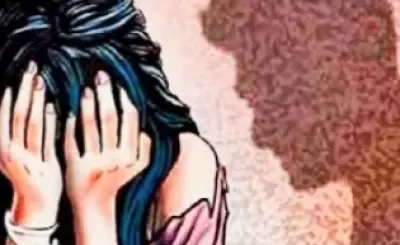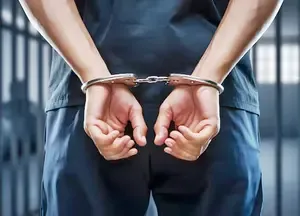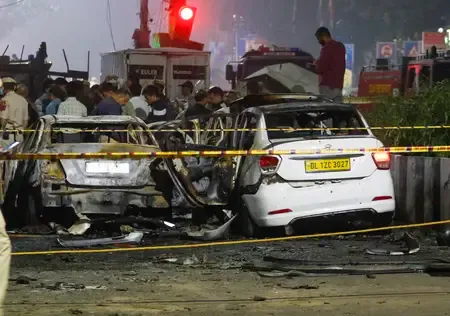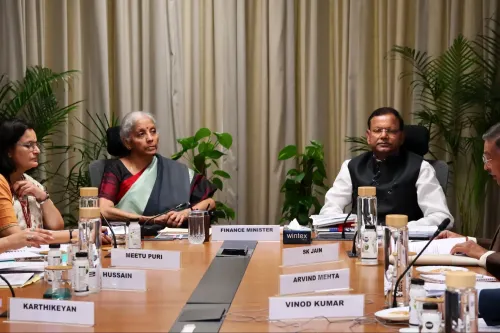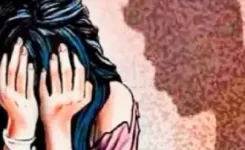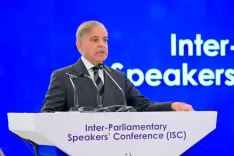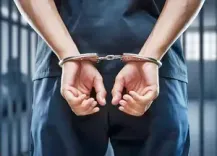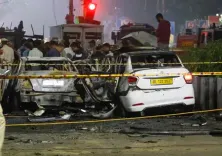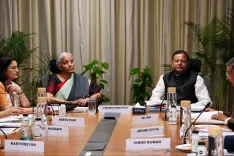Who Was Gopal Mukherjee? The Unsung Bengali Hindu Hero of 1946
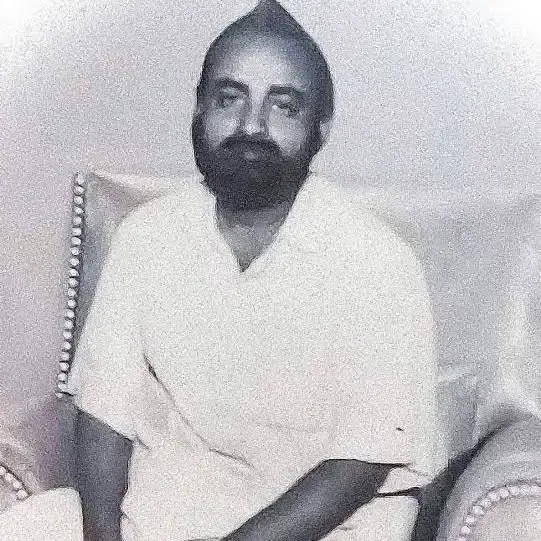
Synopsis
Key Takeaways
- Gopal Mukherjee was a key figure in protecting Hindus during the 1946 Kolkata riots.
- His story has gained renewed interest due to the film 'The Bengal Files'.
- Controversies surrounding the film have led to discussions about unsung heroes in history.
- Understanding Mukherjee's actions provides insight into the challenges faced by communities during riots.
- Recognition of historical figures can shape contemporary narratives and discussions.
Kolkata, Sep 14 (NationPress) During an election rally at Esplanade in central Kolkata ahead of the 2024 Lok Sabha elections, Union Home Minister Amit Shah brought up the name of the late Gopal Mukherjee, calling him the Hindu hero who played a pivotal role in countering the post-Independence violence instigated by Muslim mobs in Kolkata in 1946. However, this reference barely resonated with the younger generation of Bengalis in West Bengal at that moment.
In light of the recent discussions surrounding the newly released film 'The Bengal Files', directed by Vivek Agnihotri, which has faced a ban in West Bengal due to implicit threats from various factions, Gopal Mukherjee, also known as Gopal Patha, has gained significant attention and is now recognized as a prominent figure in Bengal. His courageous actions against the brutal assaults on Hindus during the 'Direct Action Day' orchestrated by the All-India Muslim League have become a focal point of conversation.
In the film, Mukherjee's efforts to combat the 1946 violence are depicted prominently. The actor Sourav Das, who portrayed Gopal Patha, garnered critical acclaim for his performance.
Born in 1913 and passing away in 2005, Mukherjee earned the moniker 'Gopal Patha' due to his ownership of two mutton shops. In Bengali, 'Patha' refers to a particular breed of 'desi' goat, known for its tender and delectable meat, suitable for sale as mutton.
Despite claims suggesting Mukherjee was a butcher by trade, these assertions lack substantiation.
He established a resistance group to shield Hindus from the riots, equipping local youth with meat cleavers and swords to defend their community. Often hailed as the savior of Calcutta from falling to the Muslim League, his narrative remains contentious and debated.
In the current context, the question arises: How have the unnecessary controversies surrounding 'The Bengal File', initially sparked by the official reservations of the ruling Trinamool Congress and the subsequent unofficial ban on its screening, thrust Gopal Mukherjee’s name into the limelight as an “unsung Hindu hero” of 1946?
Historians point out that previously, Mukherjee's name was seldom discussed in political circles, and his contributions against the mass slaughter of Hindus in 1946 were mainly confined to academic studies by historians and researchers.
“Until recently, Mukherjee was mainly known as the right-hand man of West Bengal's first Chief Minister, Dr. Bidhan Chandra Roy. However, the controversies surrounding 'The Bengal Files' have sparked curiosity among Bengal's populace, especially the younger generation, about Gopal Patha's role as an 'unsung Hindu hero' of 1946. As a result, many have begun to delve into the history of the 1946 Kolkata Killings. This illustrates how controversies surrounding a film can lead to the rediscovery of an 'unsung hero' within society,” stated historian R. Dutta.
This is not the first instance of a film facing a ban in West Bengal due to the disapproval of Mamata Banerjee. Previously, the film 'The Kerala Story', directed by Sudipto Sen, was also denied release despite a court ruling.
According to the Leader of Opposition in the West Bengal Assembly, Suvendu Adhikari, the Trinamool Congress regime under Mamata Banerjee has made movie screenings subject to the convenience of the ruling party, leading to a pattern of bans.
Meanwhile, Sourav Das, who portrayed Gopal Patha in the film and joined the Trinamool Congress in 2021, is now facing backlash for his involvement in the film, as the party leadership has distanced itself from him.
Another acclaimed Bengali actor, Saswata Chatterjee, who played a significant role as a Muslim leader in the film, claimed he was unaware of the full narrative and was only informed about his part.

